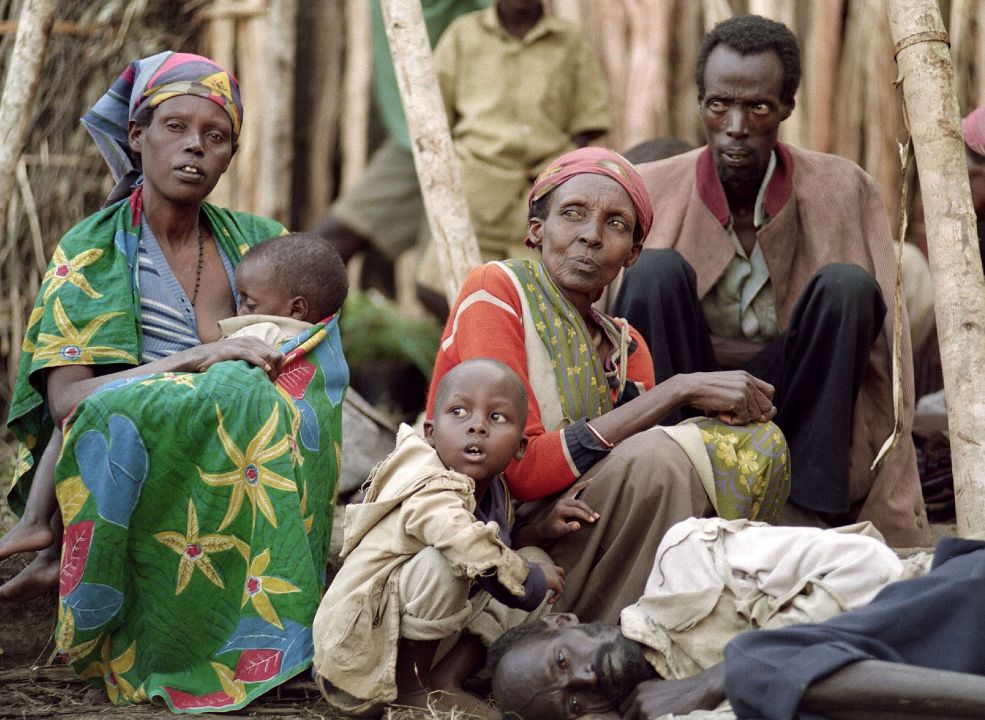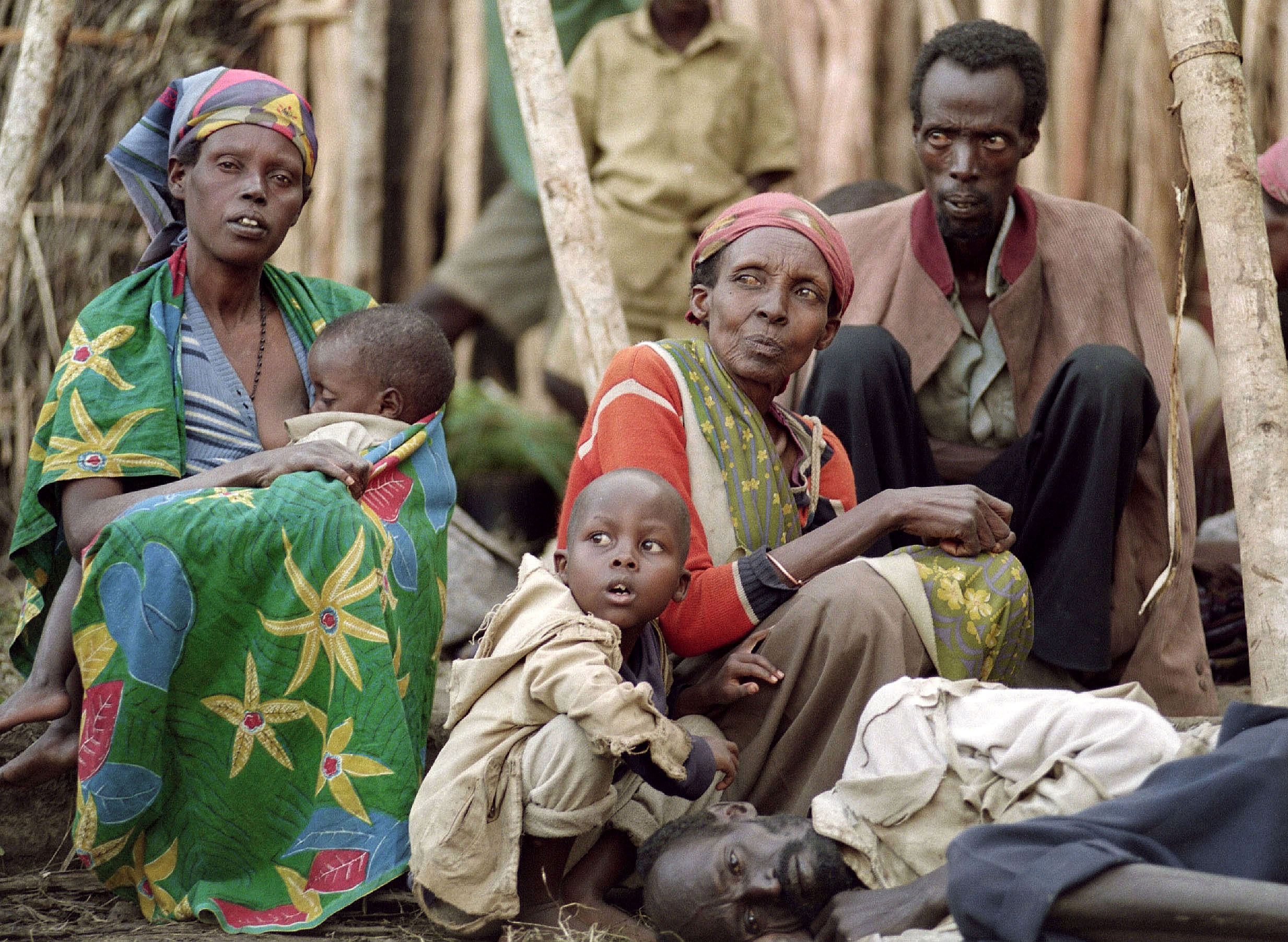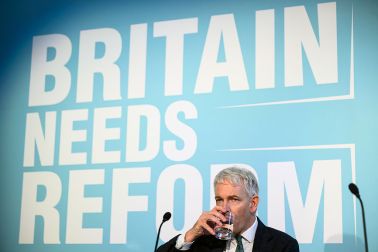On Saturday 200 UK-based Rwandans, including many genocide survivors, protested outside the BBC offices in response to the documentary ‘Rwanda’s Untold Story’, which aired earlier in October. The demonstration followed a letter of complaint sent to the BBC’s director general, written by the survivors’ organisation Ibuka.
They point out that despite the BBC’s commitment to upholding truth and objectivity, the programme contained factual inaccuracies and seemed intent on reopening wounds in Rwanda. They expressed disbelief and disappointment that:
‘[A] few people who have their differences with the current government or the country were given a platform to politicise the Genocide and deny the planned and systematic killing of over one million people.’
My organisation, the Aegis Trust, manages the Kigali Genocide Memorial in Rwanda for the government of Rwanda. From here, documentation about the genocide is preserved, and peace and reconciliation programmes are run. For 12 years I have shied away from commenting publicly on growing genocide revision, concerned I might be interpreted as an apologist for the Rwandan Patriotic Front (RPF), the country’s ruling party.
Now that this tide of denial has swollen into the mainstream media, I break my silence. I don’t argue with the BBC’s investigative role, nor do I defend the government of Rwanda against any allegations. However, the beloved and trusted BBC owe licence-fee payers an explanation as to how they could produce such specious content on the history of the genocide.
The BBC also presented the notion that Paul Kagame’s RPF did not stop the genocide, implying instead that the massacres against Tutsis were somehow all over by the time the RPF liberated the country. No other explanation is offered by the BBC as to how the genocide ended – perhaps because there is only one answer: the genocide ended when the RPF defeated the Hutu Power government, which was intent on exterminating every last Tutsi.
The programme also appears to blame Kagame for the death of Rwanda’s former president, whose plane was shot down on the eve of the genocide. While there remains no decisive evidence of who was responsible for the assassination, the BBC producers relied on the thinly sourced 2006 Bruguière report that blamed Kagame, without mentioning the more robust Trévidic report in 2012 that implicated Hutu extremists. Viewers are owed an explanation as to why they were given such a biased, partial view of the evidence.
The programme also puts the number of murdered Tutsi at 200,000, though most other estimates put the Tutsi death toll at four times that. One would expect the BBC to secure strong evidence before allowing such a divisive, inflammatory and offensive claim to be made. Again, however, the programme relied on academics who have been deeply criticised by other scholars for flawed calculations and extrapolations from unreliable data.
It is hard to lecture countries like Rwanda to raise media standards when the BBC airs documentaries with such shocking lack of balance. This week, as part of a group of scholars, journalists and lawyers, I added my voice to the protest in this open letter.
James Smith is the CEO of Aegis Trust.







Comments